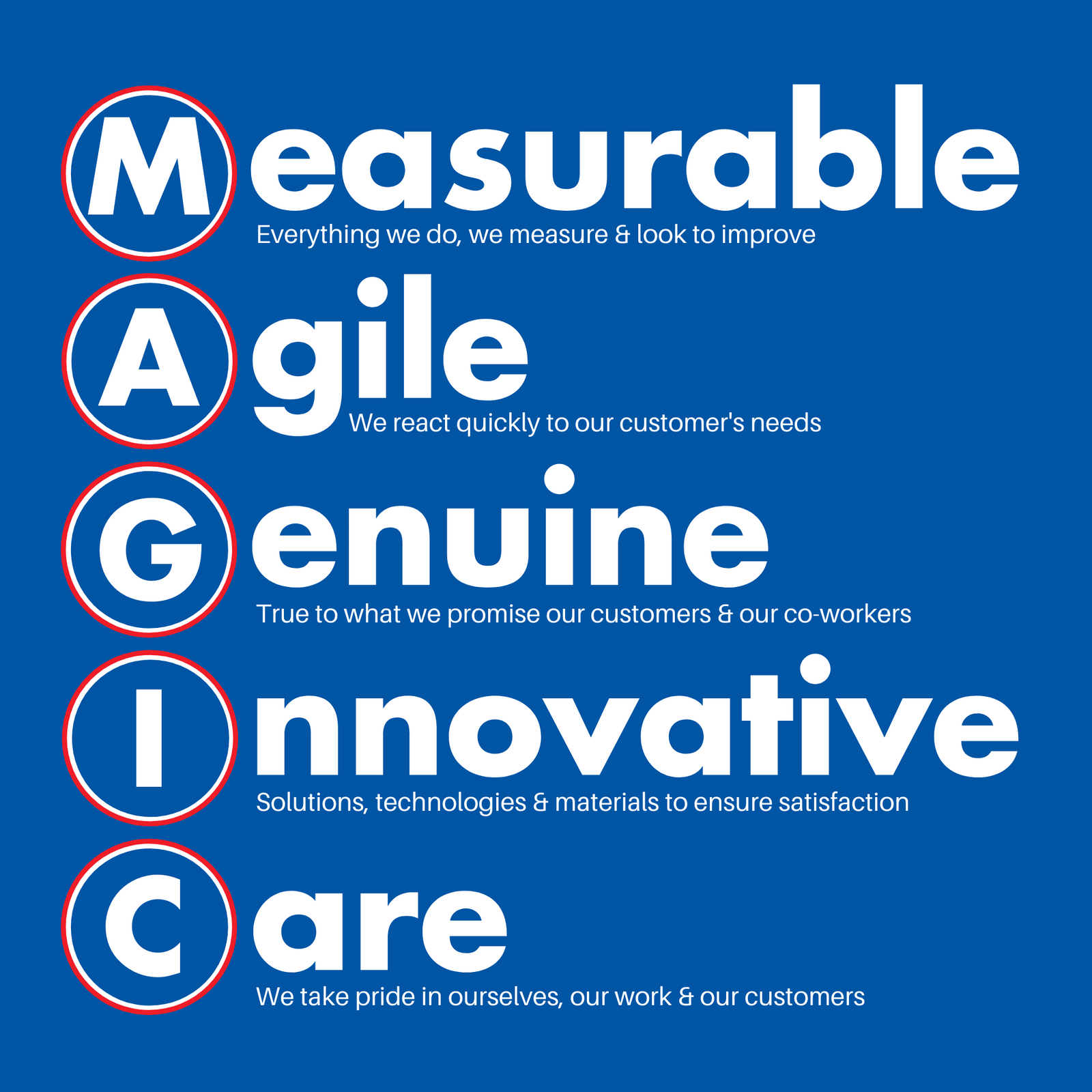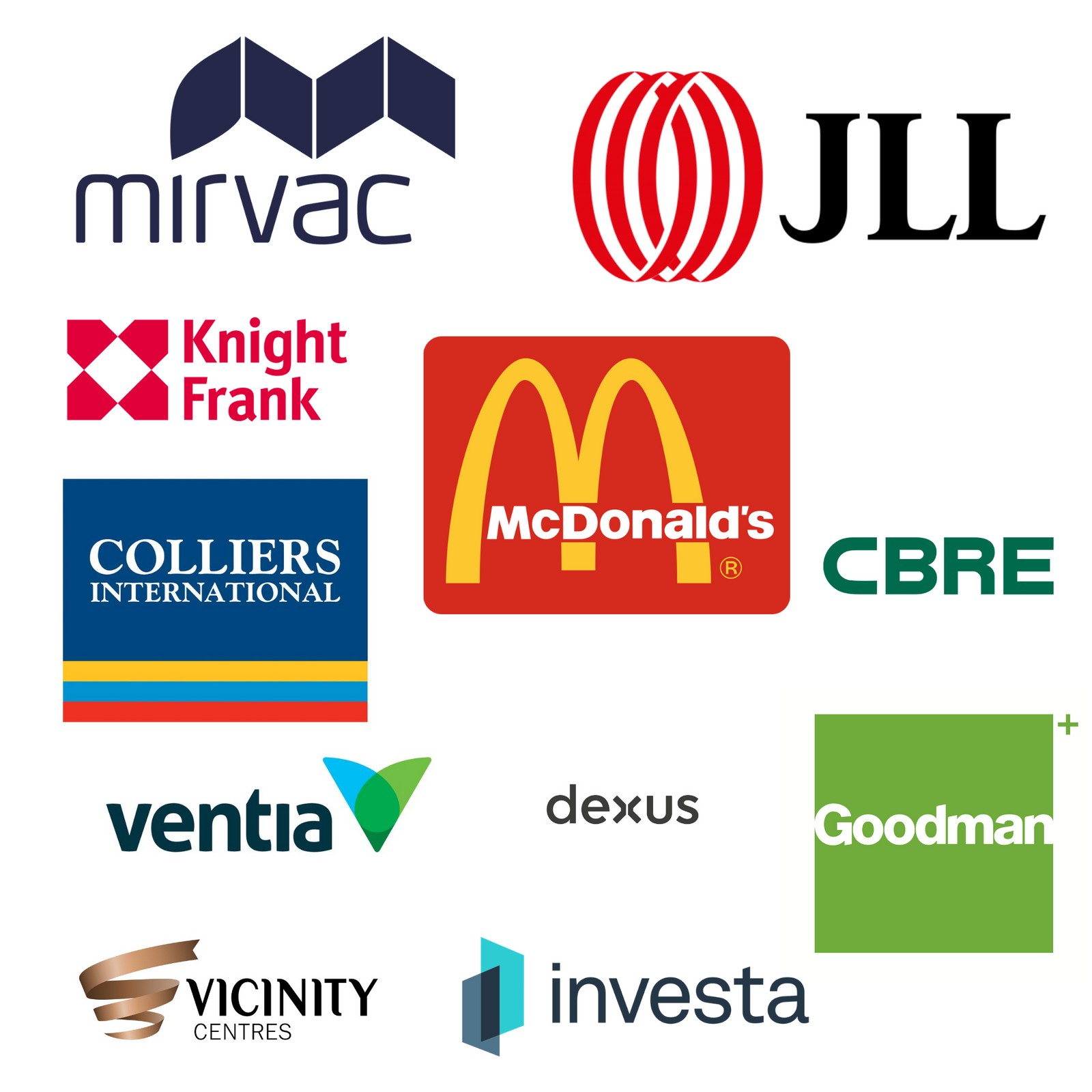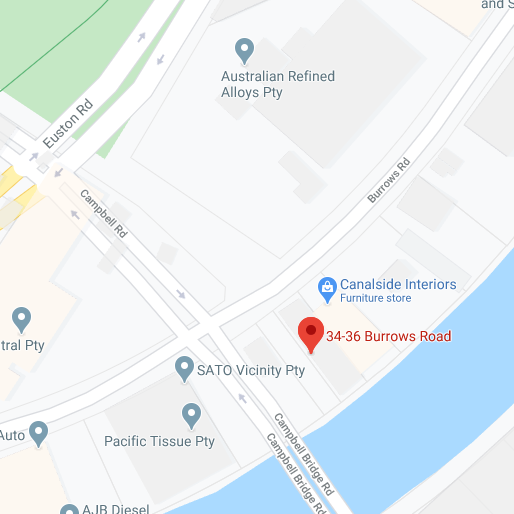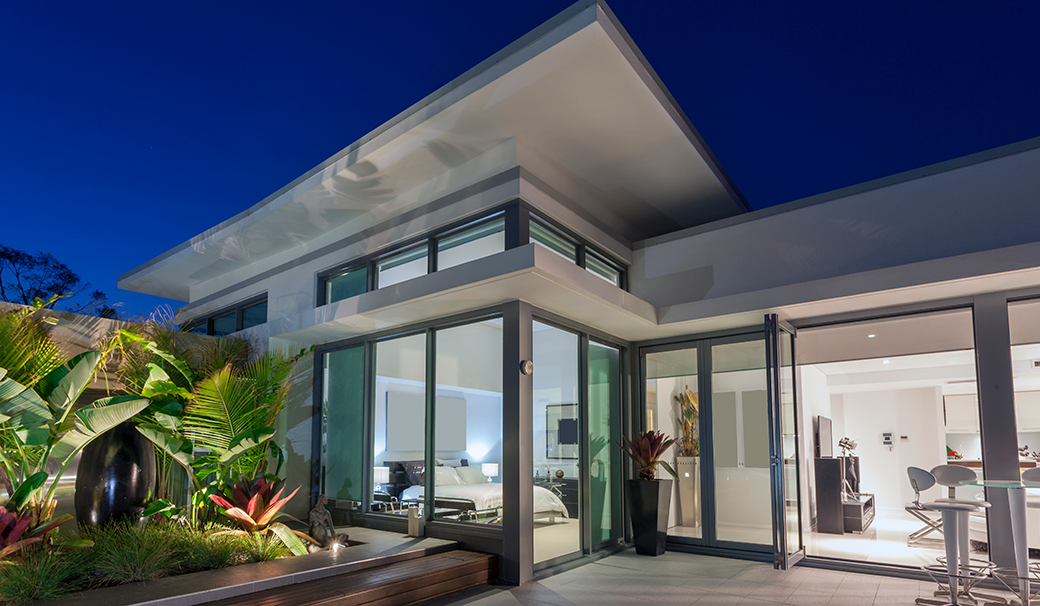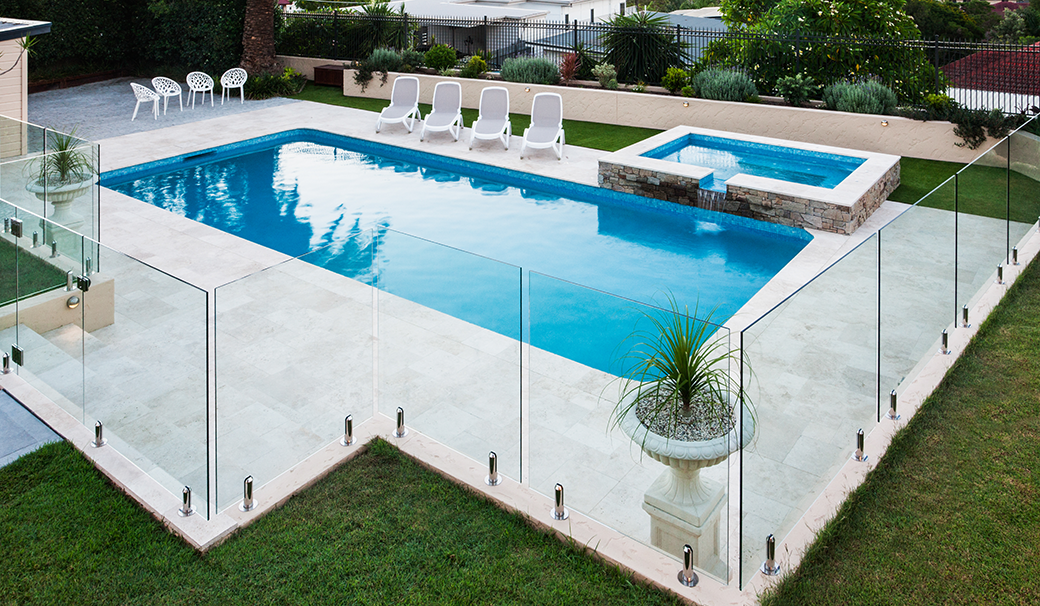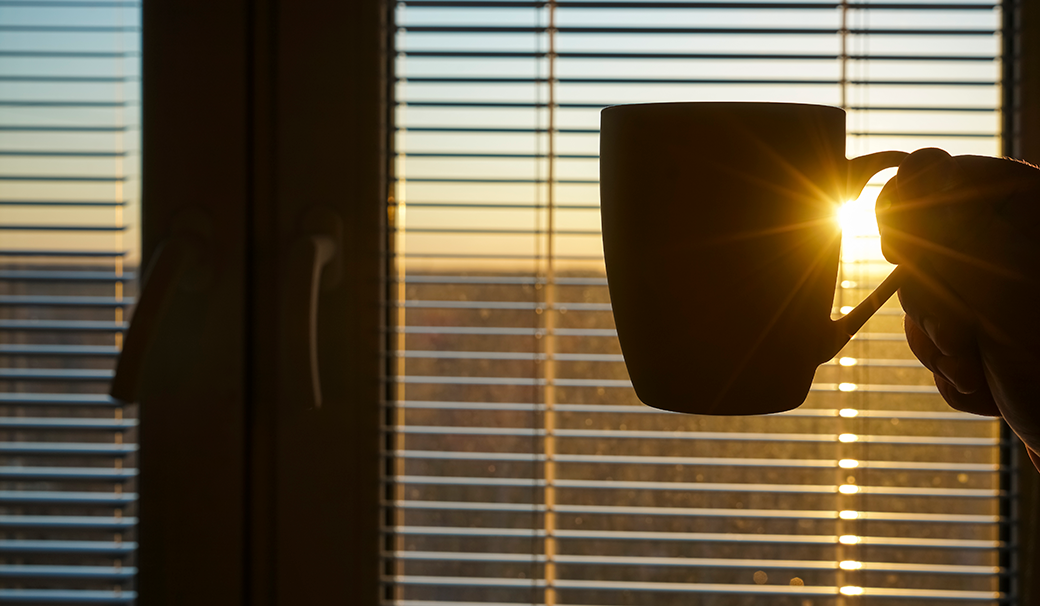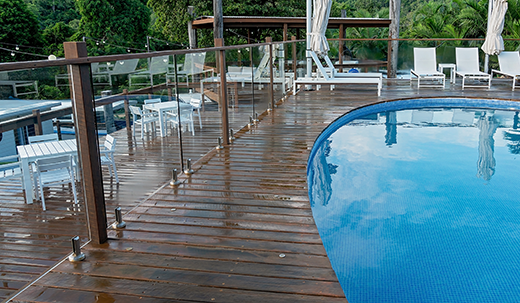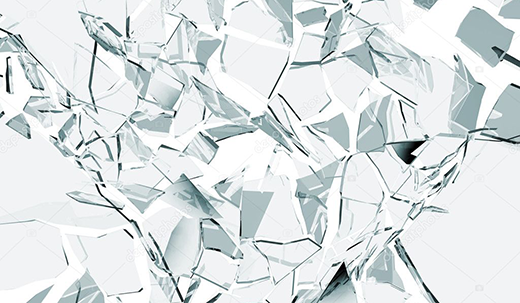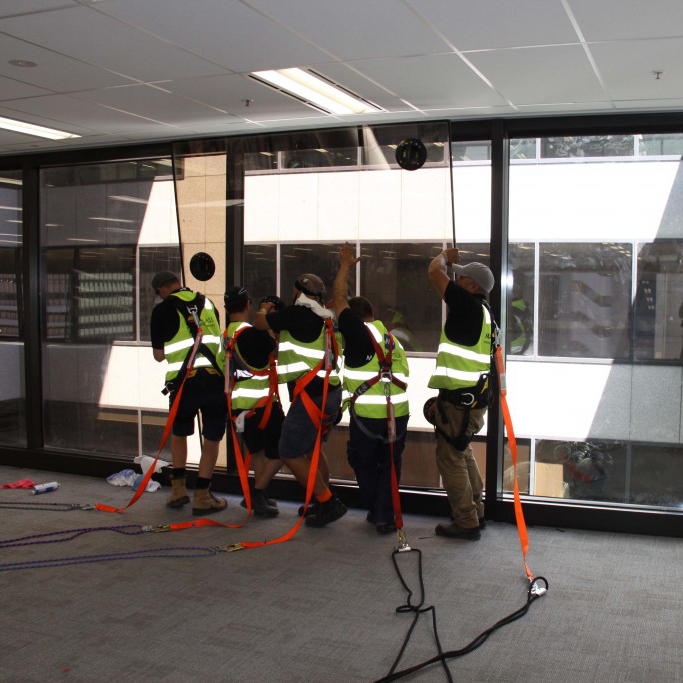Glass Blog
Glass is both a functional and decorative material that can be used in many ways to improve your home and increase its value.
From increased safety to aesthetics, here are Magic Glass' top 5 ways glass can be used to improve your home.
1. Safety
Installing safety glass is a great way of boosting your home’s security and preventing injury in the event of breakage.
Safety glass such as toughened and laminated glazing units are more susceptible to force and are therefore much more difficult to break. This means that the likelihood of someone breaking into your home or glass shattering from severe weather events is drastically reduced.
In addition, toughened and laminated glass are designed to either stay intact or shatter into smaller pieces (rather than sharp shards) in the rare event of breakage.
2. Energy Efficiency
Most of our homes’ temperature losses or gains occur through our glass windows or doors. Fortunately, there are ways in which we can minimise these effects and make our homes more energy efficient.
Installing glass panels that are either multi-glazed, laminated or have low-emissivity coatings will drastically reduce heat transfer through your windows. This will help keep your home cooler in the summer and warmer in the winter without blowing your energy bill through the roof.
For more information on these types of glass, read our How To Make Your Home More Energy Efficient Using Glass blog.
3. Openness
Another benefit of glass is that it can make your home appear more open. Having large windows, glass sliding doors and mirrors around your home can alter the look and feel of your property by making it seem more spacious and less closed-off.
4. Natural Light
Glass fills your home with natural light which not only helps save you money on electricity bills, but also boosts your mood and energises you.
Natural light boosts the look and feel of your home and adds value to your property.
Whether through windows, glass doors or skylights, there are an abundance of ways that you can increase natural light in and around your home.
5. Decoration
Last but not least, glass installs can be used to decorate your home.
Stained, frosted and etched glass can be used to add colour and edge to your home, as well as privacy.
In addition, glass splashbacks and frameless screens can be used for both decoration and functionality.
For more information on using glass to improve your home, contact Magic Glass today.
With our own fabrication facility and a team of experienced glaziers, we are able to custom-make glass specific to your space and your needs.
If you’re planning on installing a glass fence around your pool, an important decision you’ll have to make is whether you want to get framed or frameless fencing.
Both have their pros and cons, so having a solid understanding of both fencing types will help you determine which is best for you and your needs.
Frameless Glass Fencing
As the name suggests, frameless glass pool fencing is composed of sheets of glass held in place at the bottom rather than by an entire frame around the panel. This type of fencing must be made from safety glass, so it is highly strong and durable, and significantly less likely to cause injury in the rare event of breakage.
Frameless glass pool fencing is becoming more and more popular in Australia. As it gives the illusion that there is no fence at all, many people choose frameless fencing as it is more aesthetic and does not obstruct the view of their outdoor area. Frameless glass fencing also allows for greater visibility of the pool, so it is easier to supervise children and pets.
The main drawback of frameless glass fencing, however, is that it is generally more expensive than framed options. This is because the glass panels are secured to the ground either with cement or highly-durable stainless steel spigots, which incurs greater labour, equipment, and material costs.
In addition, the glass panels in frameless fences need to be either toughened or laminated safety glass. So glazing costs are likely to be higher too.
Framed Glass Fencing
Most types of framed glass pool fences these days are semi-framed. This means that rather than the entire panel being framed, there is framing only in the space that connects two glass panels together, with the top and bottom of the glass being left clear.
This type of pool fencing provides many of the same benefits of frameless fencing. There is slightly more view obstruction, however, and potentially more maintenance requirements.
One of the main advantages of semi-framed glass fencing is that it is notably cheaper than frameless fencing. Semi-framed pool fences can be up to 30% cheaper than frameless pool fencing, making it the ideal choice for lower budgets.
Both types of pool fencing are very durable and relatively low-maintenance. Determining which is best for you will ultimately come down to your personal preference and budget.
For more information, call Magic Glass. We will be able to find the perfect glass fencing for your pool, ensuring all Australian Pool Safety Standards are met.
When it comes to reducing noise pollution, many people choose to install soundproof glass into their windows and doors. Before doing this, however, it is important to weigh-up your options as there are different types of soundproof glass, all of which have various pros and cons.
The two main types of soundproof glass are double-glazed and laminated glass.
Double-glazed glass is simply glass panels that have two panes instead of one. The space between the two panes is filled with either air or argon to further insulate the panel.
The pros of double-glazed glass is that it’s very energy efficient, weather resistant and soundproof. The main con, however, is that it can be expensive to double-glaze your windows.
Laminated glass is similar to double-glazed glass in that it is manufactured using two panes. The space between these panes is filled with PVB (polyvinyl butyral), a type of resin that is highly effective in blocking out sound.
Similarly to double-glazed glass, laminated glass is energy efficient, weather resistant and soundproof. It’s also effective in blocking out UV rays.
Laminated glass is challenging to install, however. Not installing it properly will result in it being less effective in both thermal control and soundproofing.
Both types of glazing have similar STC (Sound Transmission Class) ratings, so what it ultimately comes down to is price and convenience. Laminated glass is cheaper, however there are challenges with installation so you should always seek the help of a glazing professional.
If you’re wanting to further soundproof your building, get in touch with the Magic Glass team today. We can custom-make and install both double-glazed and laminated glass panels that will aid significantly in blocking external sound.
- Commercial Glass Installation
- Commercial Glass Replacement
- Commercial Glass Services
- Custom Cut Glass
- Custom Glass
- Custom Glass Installation
- Double Glazed Windows
- Energy Efficient
- Glass Cut to Size
- Glass for Home
- Glass Installation
- Glass Pane
- Glass Replacement
- Glass Services
- Glass Solutions
- Glass Walls
- Laminated Glass
- Office Space
- Shopfront
- Toughened Glass
- Window Services
The use of Low-E coated glass has been a game changer in boosting the energy efficiency of buildings. With an estimated 70% of energy loss occurring through windows and doors, and 90% of window energy loss occurring through the glass, Low-E coatings have helped drastically in keeping heat in or out of commercial buildings and houses.
What is Low-E Glass?
Low-E (or low-emissivity) glass is designed to minimise the amount of infrared and UV radiation absorbed by glass, without reducing the amount of light entering the building.
The glass has a very thin, transparent coating that reflects heat back inside or outside the building. This helps keep the temperature in your building consistent by reflecting the internal temperature back inside.
Types of Low-E Coatings
There are two different types of Low-E coatings. Which one is best for you is based predominantly on your area’s climate.
Hard-Coat (Passive) Low-E Coatings
Hard-coat Low-E coatings are applied to glass immediately after it is removed from the furnace. The heat causes the coating to fuse onto the glass as it is cooling down. The fusion creates a strong bond (or hard-coat) that is highly durable.
Hard-coat Low-E glass is used predominantly in climates where the temperature can get extremely low. This is because the hard-coat glass allows some of the sun’s short-wave infrared energy to pass through, whilst keeping the long-wave heat energy inside. This keeps buildings nice and warm when it is cold outside.
Soft-Coat (Solar Control) Low-E Coatings
Soft-coat Low-E coatings are applied to pre-cut glass in a vacuum chamber once the glass has cooled. This type of coating must be sealed in an insulated glazing unit (IGU) or laminated glass unit for longevity and optimal performance.
Soft-coat Low-E glass has lower emissivity and higher solar control performance. It has better UV protection and is overall more effective. For this reason, it is ideal for use in cold to hot climates where it can reflect the warm or cool air back into your building, with minimal leakage outside.
Installing Low-E glass into your home or business can significantly improve your building’s energy efficiency, in turn reducing your carbon footprint and saving you money. It can also prevent damage to your furniture and internal decor by blocking out harmful UV rays.
If you’re considering upgrading to Low E glass, contact the Magic Glass team today! We can provide you with a free quote and help advise you on what options are best for your building.
- Commercial Glass Replacement
- Commercial Glass Services
- Custom Glass
- Custom Glass Installation
- Energy Efficient
- Glass Company
- Glass for Home
- Glass Options
- Glass Replacement
- Glass Services
- Glass Solutions
- Glass Window Replacement
- Glazing Services
- Residential and Commercial
- Sydney Glass Company
- Window Replacement Service
- Window Services
Glass pool fences are a popular option for homeowners who want to create a luxurious and spacious outdoor area around their pool. They offer an unobstructed view of the backyard and keep children and pets safe from the water.
There are, however, many regulations that your pool fence must comply with in order to ensure absolute safety.
Glass Pool Fencing Regulations
When it comes to your glass fencing specifically, you must ensure your fence satisfies the following requirements.
- Must be at least 1200 mm tall all the way around (measured from the outside of the pool). If a boundary fence forms part of the pool fencing, it must be at least 1800 mm tall.
- The gap between the bottom of the fence and the ground cannot be larger than 100 mm.
- Vertical rails on the pool fence and gate cannot be more than 100 mm apart.
- If using mesh pool fencing, holes in the fence cannot have a diameter larger than 13 mm.
- The pool fence should be well-maintained and in functional order.
- Pool fencing cannot be climbable. Any potential handholds or footholds cannot be within 900 mm of the top of the fence in any direction.
Glass Pool Gate Regulations
The following regulations regarding pool gates must also be satisfied.
- All pool gates must be self-closing and able to latch by themselves.
- Pool gate latches must be in good condition and working order.
- The gate must open outwards, away from the pool.
- For a frameless glass pool fence, the latch must be opened from the other side (poolside of the gate).
- The gap between the glass gate and anything else must be less than 10 mm.
If you’re wanting to install glass fencing around your pool, contact Magic Glass today. We can manufacture and install custom glass fencing to suit your safety and aesthetic requirements.
All Magic Glass pool fences are manufactured and installed in compliance with NSW regulations, so you can rest assured knowing that your pool fence and gate is as safe as possible.
- 24 Hour Glazing Service
- Custom Cut Glass
- Custom Glass
- Custom Glass Installation
- Emergency Glass Services
- Emergency Glazier Service
- Glass Company
- Glass Services
- Glazier
- Glazing Glass Services
- Glazing Services
- Laminated Glass
- Magic Glass
- Safety Glass
- Shop Window
- Shopfront
- Skylights
- Sydney Glass Company
- Tempered Glass
- Toughened Glass
- Window Glazing


